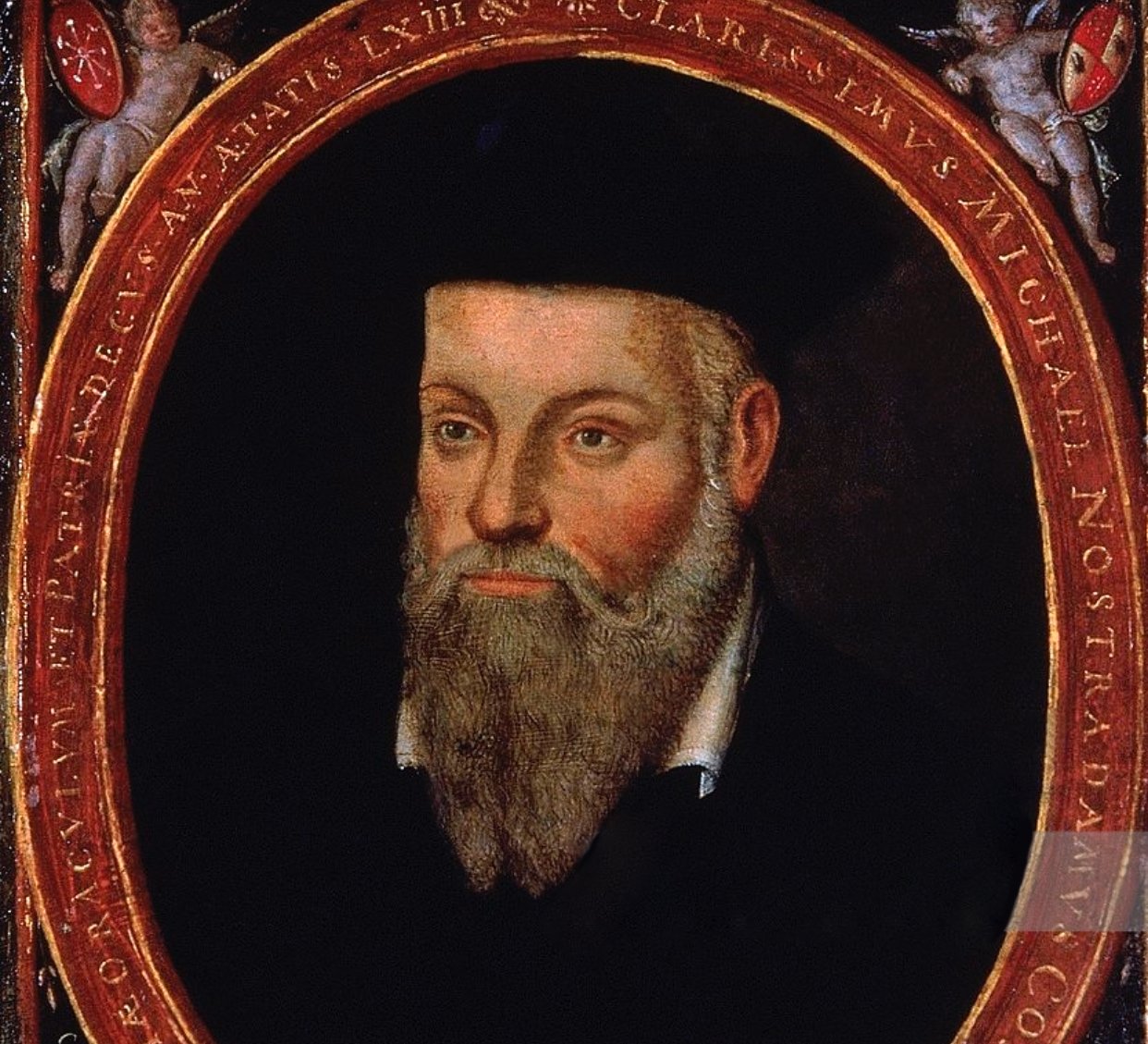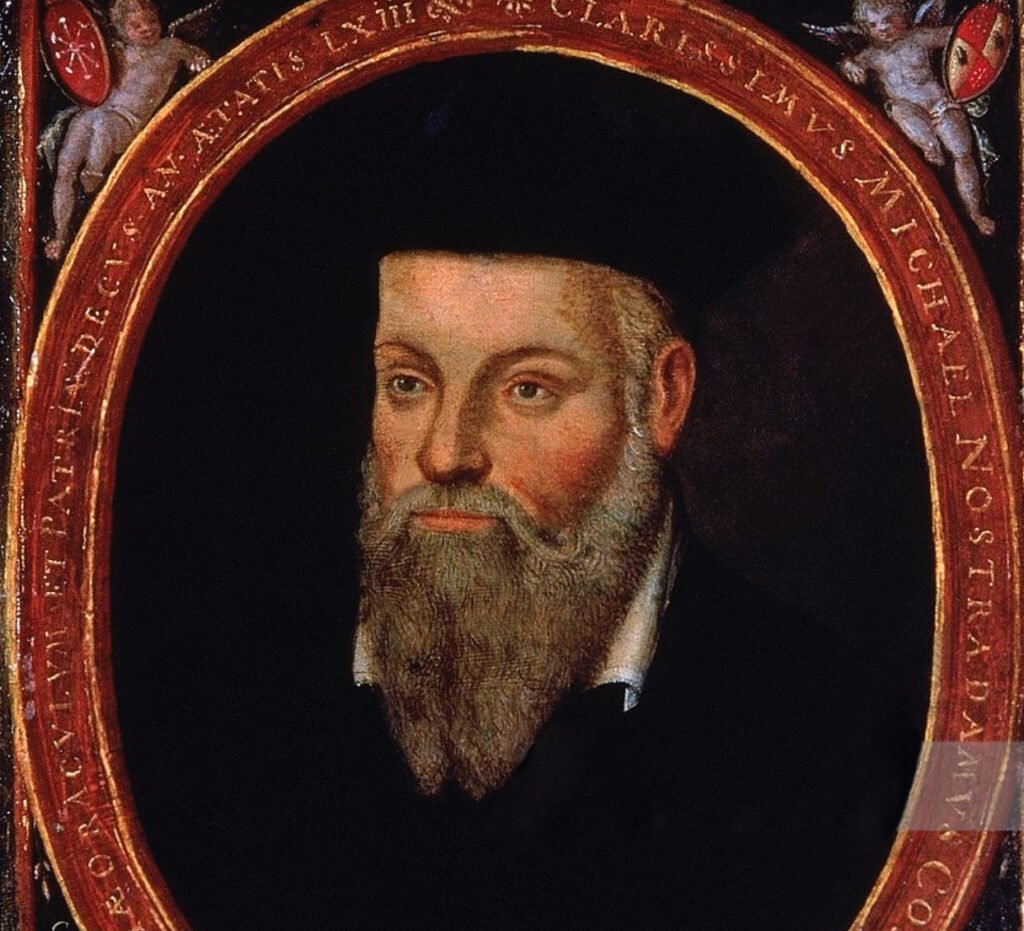Throughout history, many individuals have been captivated by the enigmatic prophecies of Michel de Nostredame, commonly known as Nostradamus. His writings, filled with cryptic verses and ambiguous predictions, have sparked countless debates and even influenced popular culture. However, when examining the truth behind these prophecies, it becomes clear that much of the fascination surrounding Nostradamus is based on misconceptions and unfounded claims. In this article, we will delve into the historical context of Nostradamus, explore the shortcomings of his writings, and debunk the numerous fake claims that have been attributed to his prophecies.

Nostradamus’ Historical Context
To truly comprehend the nature of Nostradamus’ prophecies, it is essential to consider the historical context in which he lived. Nostradamus was a 16th-century French physician and astrologer who gained prominence during a period of great turmoil, including religious wars and the rise of absolute monarchies. In this era, prophecies and divination were widely accepted practices, often seen as a means to navigate the uncertain future. Nostradamus capitalized on this fascination by publishing his collection of quatrains, which were essentially poetic verses believed to contain hidden predictions.
Nostradamus’ Vague and Ambiguous Writings
One of the main reasons why Nostradamus’ prophecies are often misunderstood and misinterpreted is the vague and ambiguous nature of his writings. Instead of providing concrete and specific details, Nostradamus preferred to use symbolic language, metaphors, and allegories. This poetic style allowed his verses to be interpreted in countless ways, depending on the perspective of the reader. Unfortunately, this ambiguity has led to a plethora of contradictory interpretations and false attributions of events to his prophecies.
Lack of Specificity: A Major Shortcoming
A glaring shortcoming of Nostradamus’ prophecies is the lack of specificity. While some of his followers claim that he accurately predicted major historical events, closer examination reveals that his verses rarely provide clear details or dates. Instead, the predictions are often vague and open to broad interpretation, allowing them to be retroactively fitted to various events. Without precise information, it becomes nearly impossible to definitively link his prophecies to specific occurrences.
Cherry-Picking and Retroactively Fitting Events
One of the common pitfalls when examining Nostradamus’ prophecies is the tendency to cherry-pick and retroactively fit events to match his verses. This confirmation bias leads individuals to selectively choose events that seem to align with the vague predictions, while disregarding those that do not fit the narrative. This practice has contributed to the proliferation of false claims, as virtually any event can be linked to Nostradamus’ prophecies with enough creative interpretation.
The Problem of Interpretation: Multiple Meanings
Interpretation plays a significant role in the perception of Nostradamus’ prophecies. Due to the symbolic nature of his writings, different individuals can extract multiple meanings from the same verse. This subjectivity allows for a wide range of interpretations, making it virtually impossible to attribute a definitive prediction to Nostradamus. Furthermore, his prophecies were often written in Old French, adding an additional layer of complexity to the interpretation process, as words and phrases can have different meanings over time.
The Importance of Cultural Bias in Interpretations
Cultural bias plays a crucial role in the interpretation of Nostradamus’ prophecies. Different cultures and time periods bring their own preconceived notions and beliefs, which can heavily influence the understanding of his verses. As interpretations are shaped by cultural context, it becomes clear that attributing universal prophetic insight to Nostradamus is flawed. What may appear as a prediction to one culture could be seen as a mere coincidence or unrelated to another.
Nostradamus’ Prophecies: A Product of Chance?
Given the vague and ambiguous nature of Nostradamus’ prophecies, it is plausible to argue that many of the attributed predictions are simply products of chance. With countless events occurring throughout history, it is inevitable that some will coincidentally align with the general themes of Nostradamus’ writings. This does not validate the claim of prophetic insight but rather highlights the statistical probability of chance alignments.
Coincidence vs. Prophetic Insight: Examining the Odds
When assessing the validity of Nostradamus’ prophecies, it is essential to examine the odds of coincidence versus genuine prophetic insight. The sheer number of verses and the multitude of possible interpretations make it highly likely that some predictions will coincidentally align with historical events. However, the absence of specific details and dates, as well as the lack of consistent predictions, diminishes the likelihood of Nostradamus possessing true prophetic abilities.
Psychological Factors: The Power of Confirmation Bias
Confirmation bias, the tendency to favor information that confirms preexisting beliefs, plays a significant role in perpetuating the myth of Nostradamus’ prophetic abilities. Once individuals become invested in the idea of his predictions, they actively seek out evidence that supports their beliefs while dismissing or rationalizing contradictory information. This psychological factor contributes to the enduring popularity of Nostradamus’ prophecies, despite their lack of empirical evidence.
The Role of Media in Spreading Misinformation
The media has played a substantial role in spreading misinformation and perpetuating the misconceptions surrounding Nostradamus’ prophecies. Sensationalist headlines, documentaries, and articles often present unverified claims as fact, fueling the public’s fascination with his predictions. This uncritical presentation of information without proper scrutiny only serves to further propagate the myths surrounding Nostradamus, overshadowing the reality of his writings.
Debunking Nostradamus: Fact-Checking the Claims
In examining the supposed predictions of Nostradamus, it is crucial to separate fact from fiction. By critically analyzing specific claims and cross-referencing them with historical events, it becomes evident that many attributed prophecies are nothing more than baseless assertions. Nostradamus’ writings, while intriguing from a historical and cultural standpoint, do not possess the prophetic insights often attributed to them. It is essential to approach his prophecies with skepticism and a discerning eye, viewing them as subjective interpretations rather than undeniable truths.
Nostradamus Prophecies: A Quest for Meaning
The allure of Nostradamus’ prophecies lies in humanity’s eternal quest for meaning and the desire to find order in a chaotic world. While his writings have undoubtedly left a significant cultural impact, it is important to separate fact from fiction when evaluating his supposed predictions. By understanding the historical context, acknowledging the lack of specificity and ambiguity, and recognizing the role of interpretation and confirmation bias, we can unravel the truth behind Nostradamus’ prophecies. Ultimately, the fascination with Nostradamus serves as a reminder of the mysteries that continue to captivate and intrigue us, even in the face of rational scrutiny.

